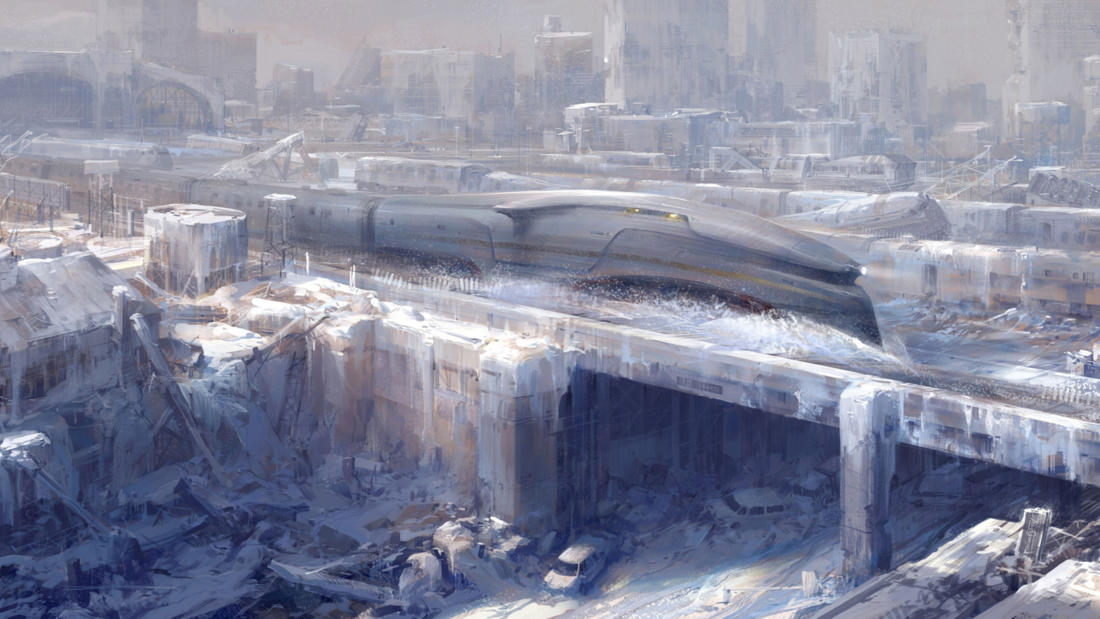
Images Cinema Williamstown, MA
Dr. Victoria Papa
Associate Professor, English, Massachusetts College of Liberal Arts
andDr. Alice C. Bradley
Assistant Professor of Geosciences, Williams College
Snowpiercer— Eco-disaster: Snowpocalypse
Program Description
Drs. Papa and Bradley will discuss the probability of global permanent winter happening as a potential result of climate control gone wrong, and what the class and trauma implications of a society organized as depicted in the film might have.
This January's theme is “Eco-Disaster: How We Imagine Humankind Will Navigate Global Catastrophe.” Each talk will be unique to each film and the academic focuses of each speaker, all will delve into both the actual scientific probability of such disaster occurring — and if it will occur as depicted in the film — and the veracity of the human responses to directly avoid said catastrophe and/or the psychological/sociological effects of the catastrophe coming to pass.
Presented At
Images Cinema Williamstown, MA
Film Synopsis
In a future where a failed climate change experiment has killed all life except for the survivors who boarded the Snowpiercer (a train that travels around the globe), a new class system emerges.
Survivors of Earth's second ice age live out their days on a luxury train that ploughs through snow and ice. The train's poorest residents, who live in the squalid caboose, plan to improve their lot by taking over the engine room.
Photo credit: The Weinstein Company
About the Speaker
Prof. Papa's research and teaching examine the intersections of creative expression and the survival of structural traumas in literature and visual culture in the 20th- and 21st-centuries. She is especially interested in how writers and visual artists make use of aesthetic possibilities to enact life-affirming counternarratives of care and kinship while navigating both the challenges and delights of embodied experience.
Prof. Bradley studied engineering as an undergraduate at Dartmouth and earned a Ph.D. in aerospace engineering, with a focus on environmental observation, at the University of Colorado. Her graduate work involved building small buoys that were dropped from drones into the water between sea ice floes and then comparing measurements from the buoys to those taken by satellites.